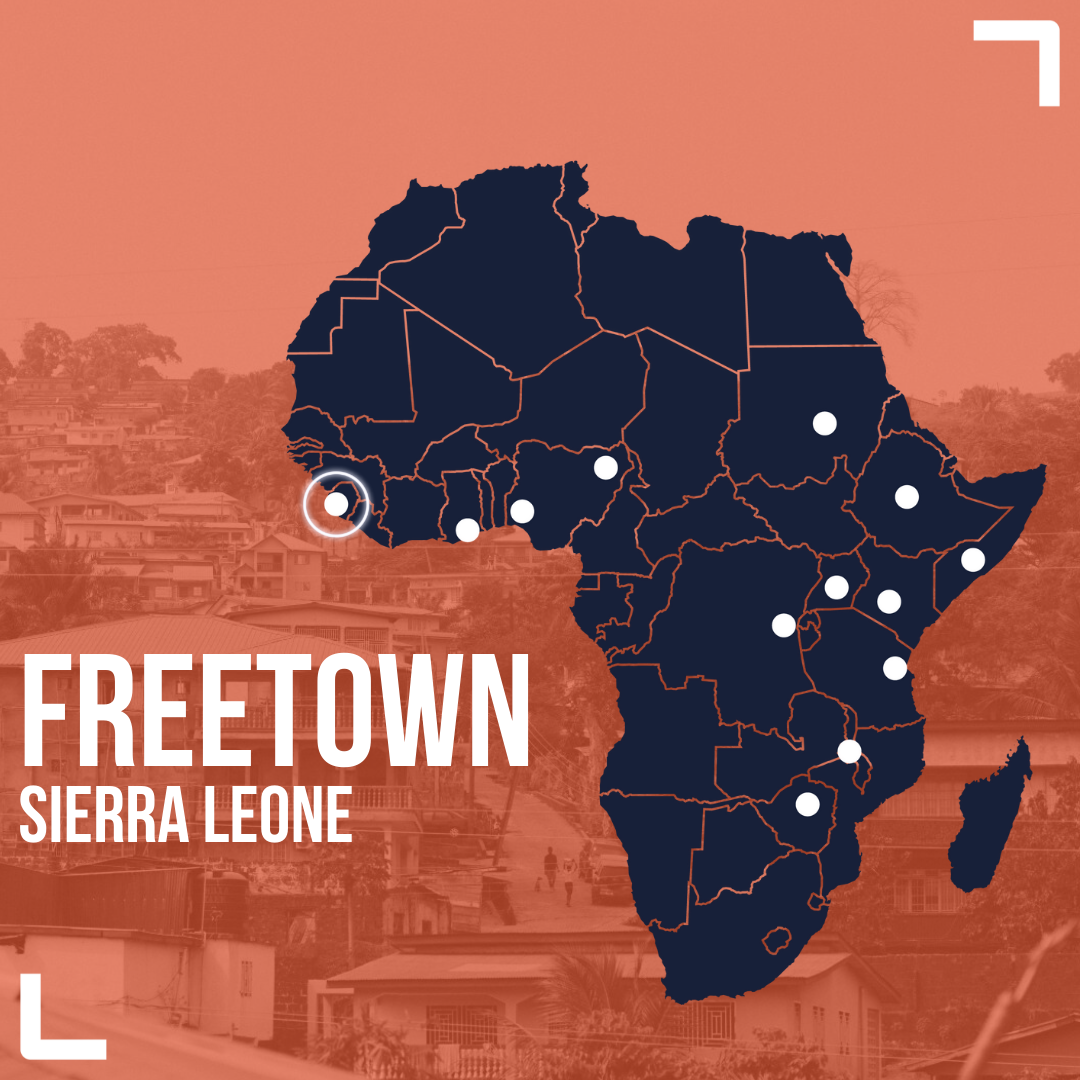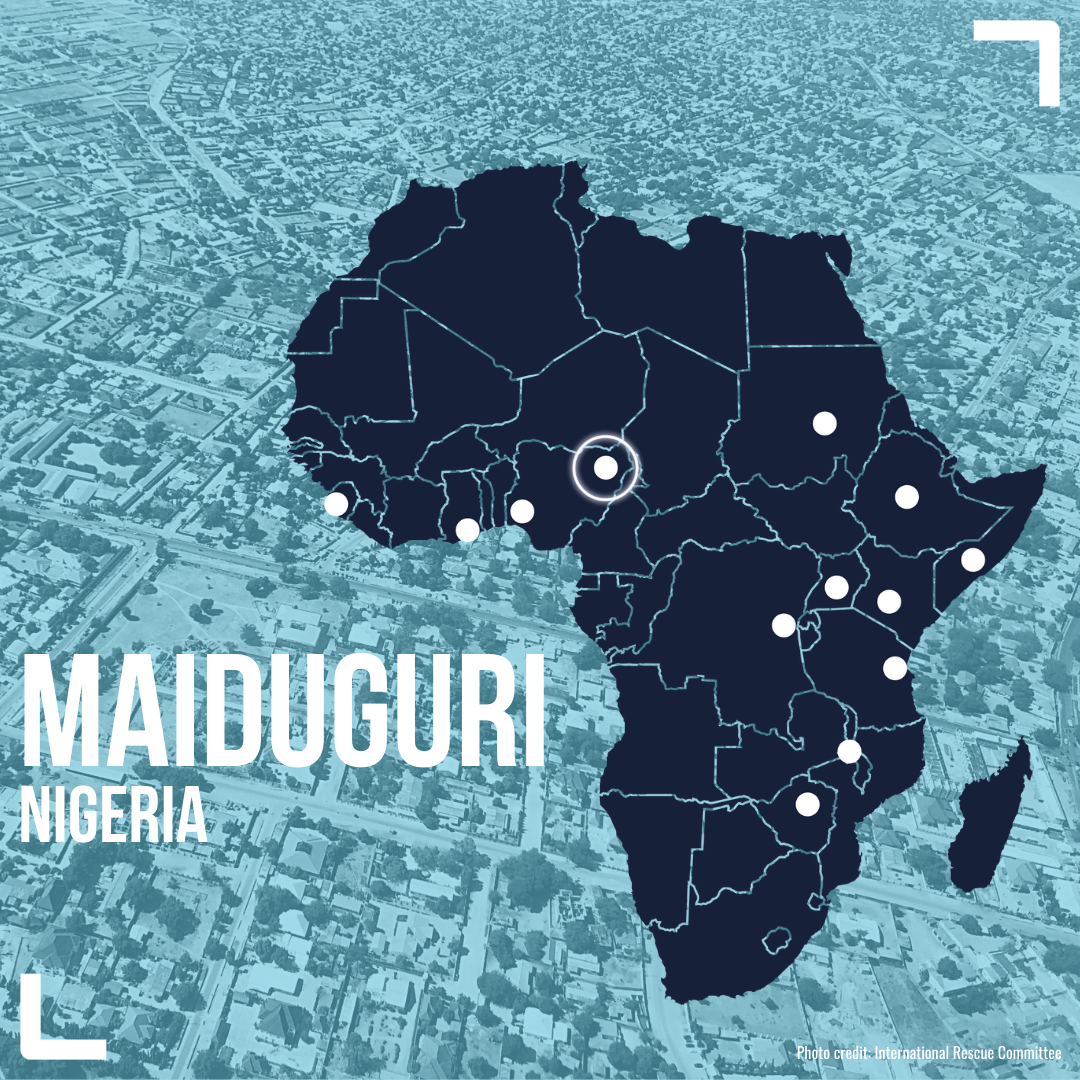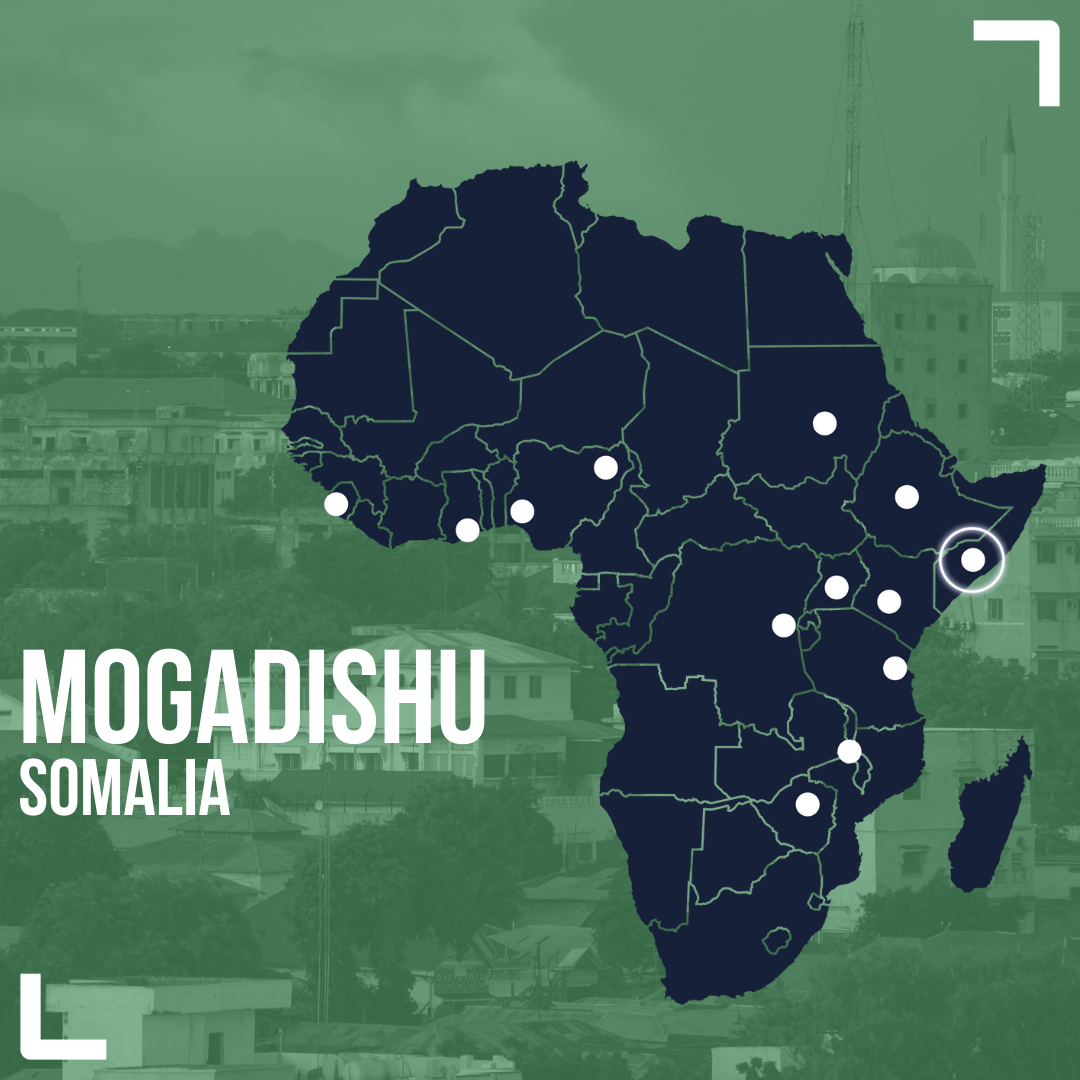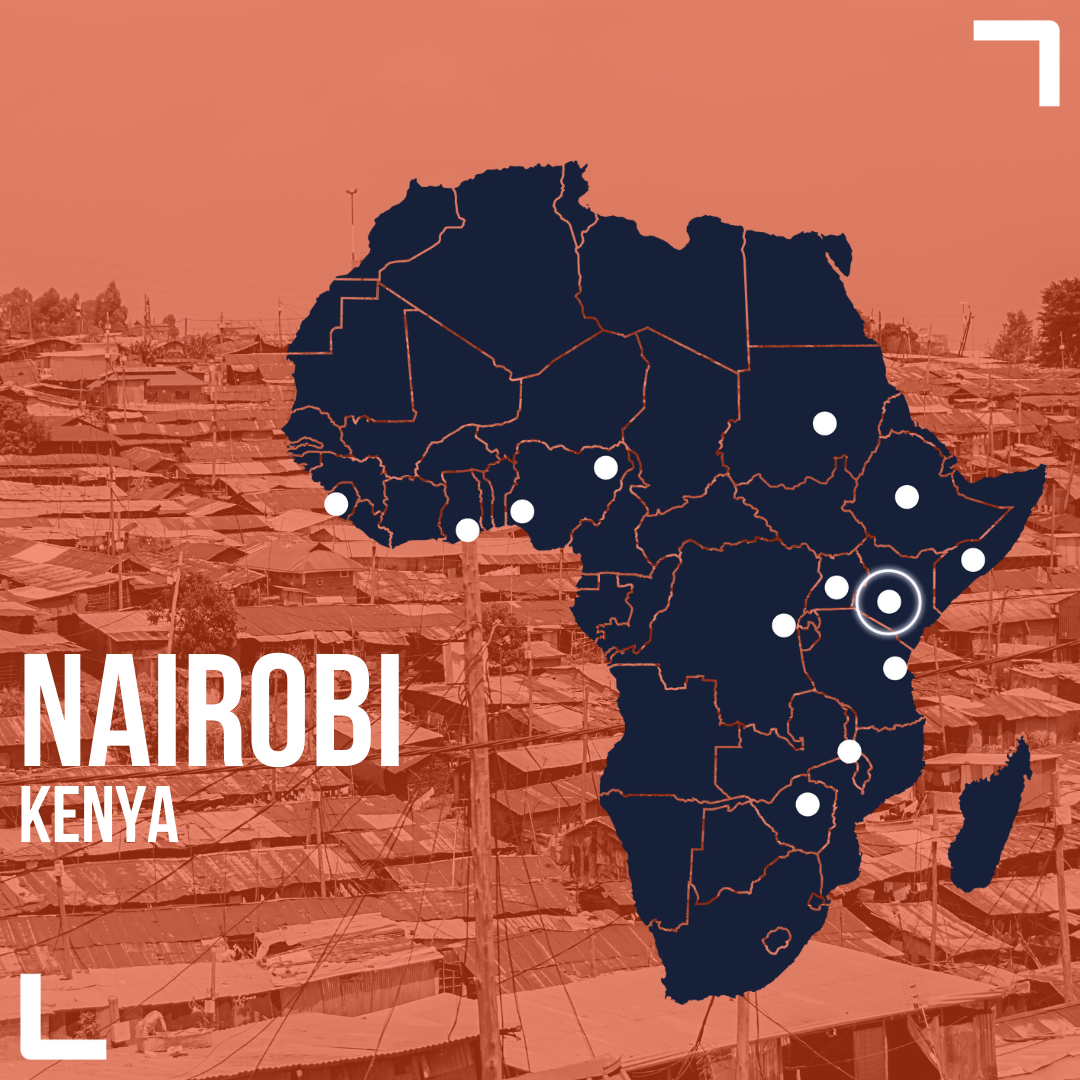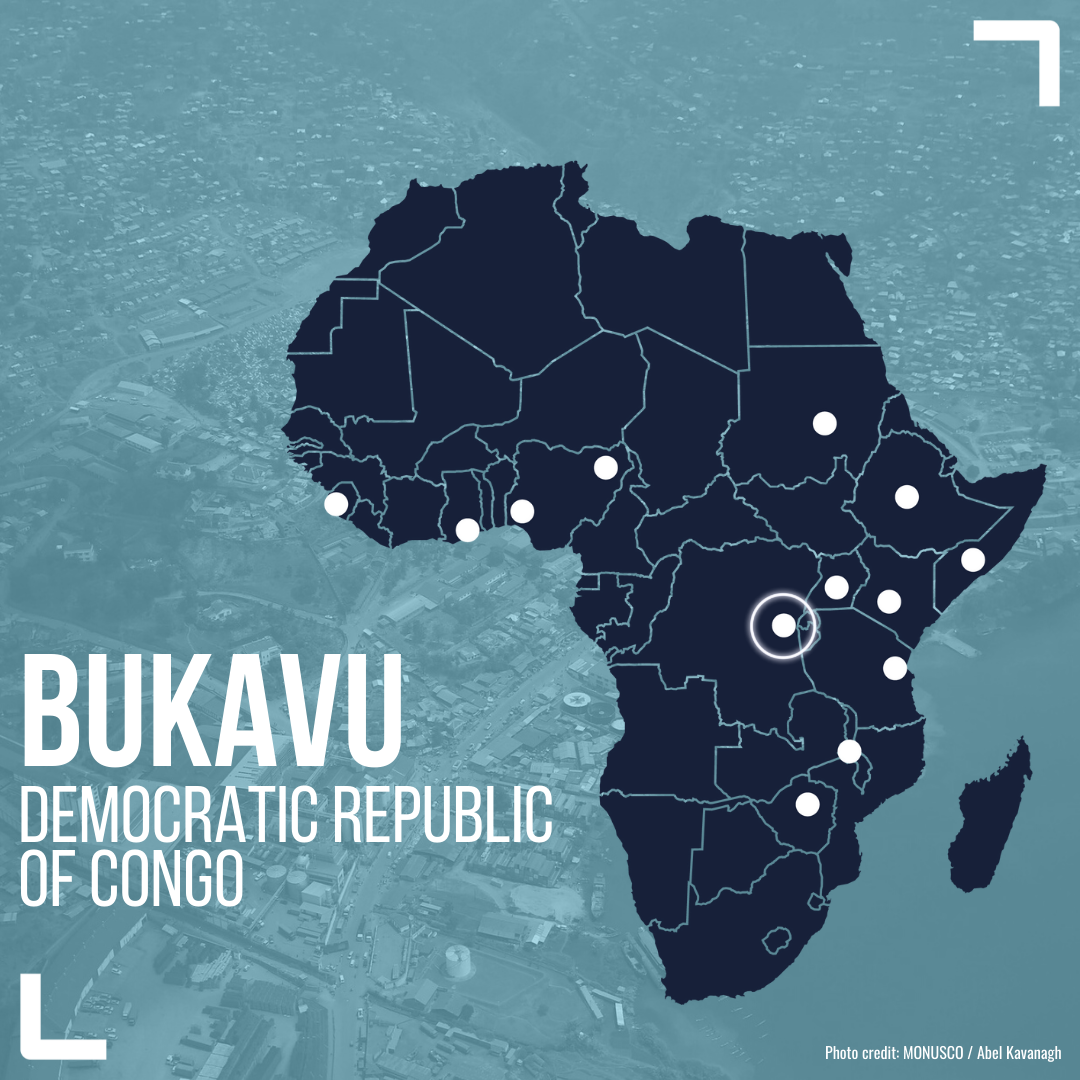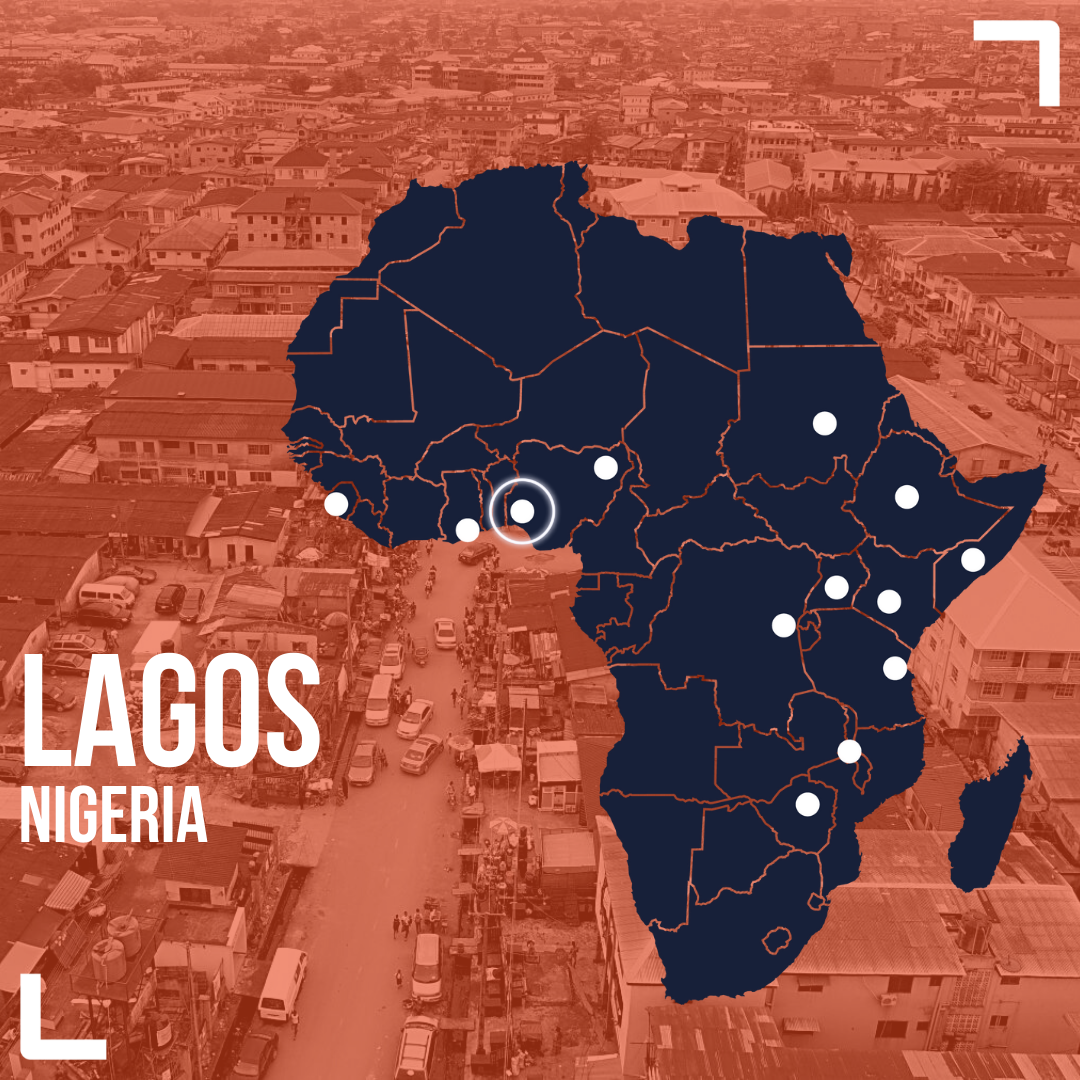Safety and security
Many residents of African cities are vulnerable to widespread crime and violence. Perceived and real threats of violence or exposure to crime can limit mobility – particularly for women and girls, children and minority groups – with a knock-on effect on education, livelihoods and general wellbeing.
Notably, in conflict-affected African states, violence, armed insurgency and terrorism might unfold in cities or generate an exodus of refugees and internally displaced people (IDPs) into urban areas. Crime, violence and conflict undermine economic growth and deepen mistrust of governance, security and justice institutions – frequently leading to vigilante organisations and “street justice”.
Enhancing safety and security in African cities requires pulling together various city systems, such as transport, road networks, policing, land ownership, water and sanitation, and electricity. ACRC will analyse the interplay of these systems – along with how the political economy of safety and security is reflected within city power dynamics – to identify measures that reduce violence and crime, and address the perception and fear of harm. We will also explore conflict resolution and how the integration of IDPs can be better facilitated within conflict-affected states.
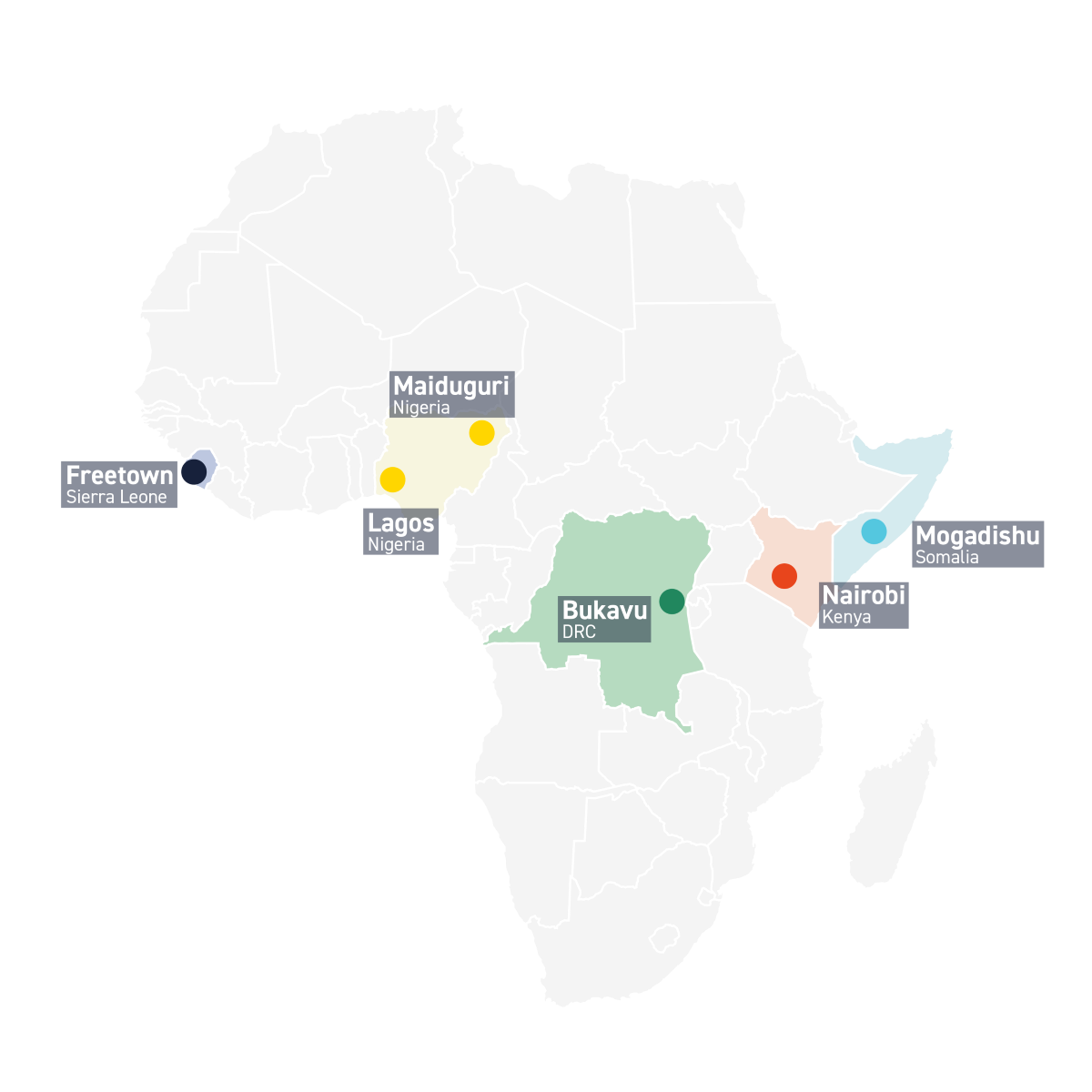
LATEST NEWS from ACRC

How does action research build community and state capabilities?
This is the fourth in a series of blog posts focusing on how urban reform happens, and where ACRC fits into change processes. This post takes a closer look at how ACRC is helping build community capabilities to address urban challenges.
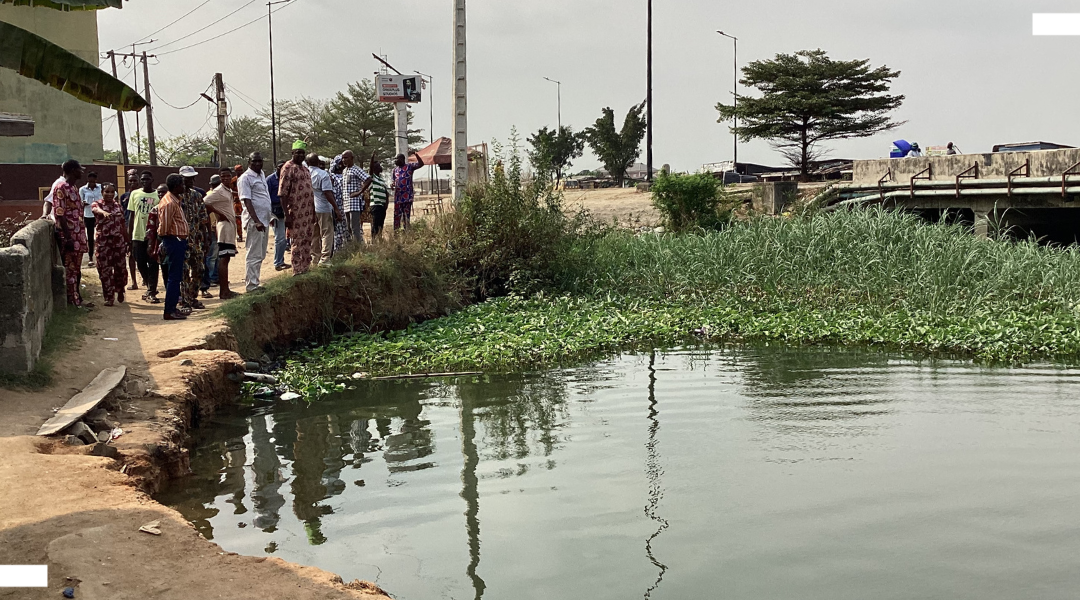
From Margins to Models: Co-creating climate resilience in Lagos community
“From Margins to Models” – a new ACRC action research project being rolled out in the vulnerable coastal informal settlement of Ajegunle Ikorodu, Lagos – seeks to unlock the potential of communities to enhance climate resilience.

Urban economics in action: Addressing African cities’ challenges
Earlier this month, our CEO Professor Diana Mitlin participated at the 9th Urbanization and Development Conference, organised by the World Bank and the International Growth Centre in Cape Town.

